Home>diy>Building & Construction>What Is Bentonite Used For In Construction
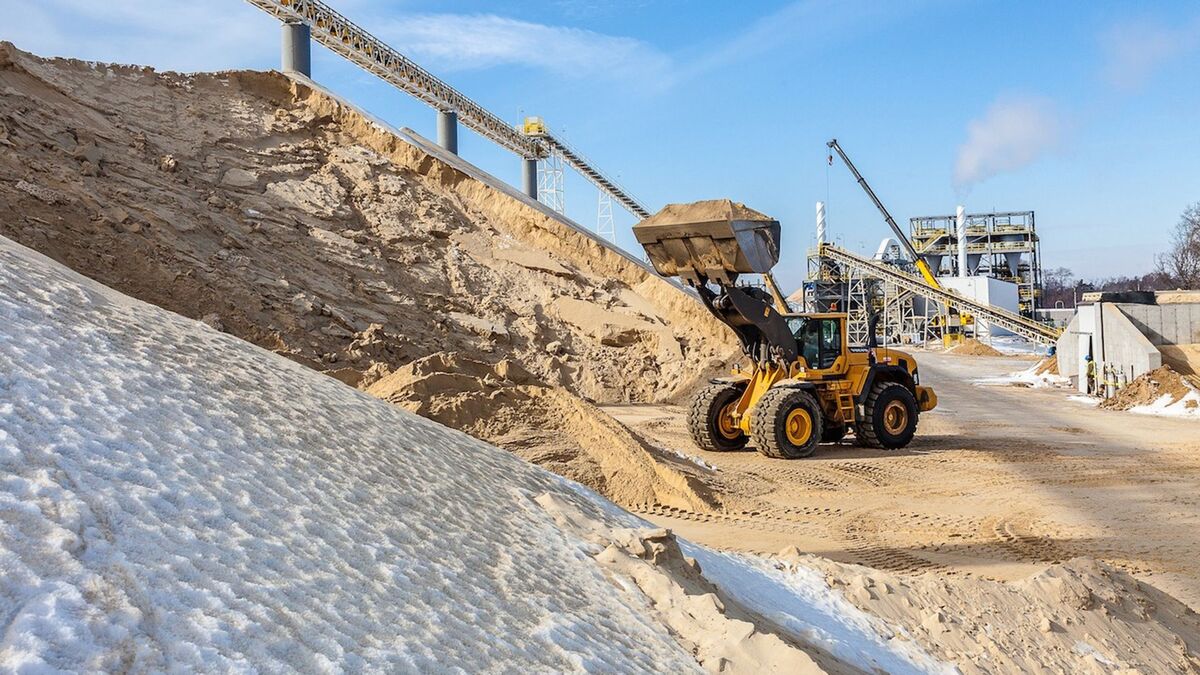

Building & Construction
What Is Bentonite Used For In Construction
Modified: December 7, 2023
Discover the versatile uses of bentonite in building construction. From soil stabilization to waterproofing, this natural clay is an essential ingredient for enhancing construction projects.
(Many of the links in this article redirect to a specific reviewed product. Your purchase of these products through affiliate links helps to generate commission for Storables.com, at no extra cost. Learn more)
Introduction
Construction is a dynamic industry that requires a deep understanding of various materials and their applications. One such material that plays a crucial role in construction projects is bentonite. Bentonite is a versatile clay that has been used for centuries due to its unique properties and benefits. In the world of construction, bentonite is used for a wide range of applications, from soil stabilization and foundation works to drilling fluids and waterproofing.
Before we dive into the applications of bentonite in construction, let’s first define what bentonite is. Bentonite is a type of clay that is formed from volcanic ash. It is composed of fine particles, primarily montmorillonite, which gives it its unique swelling and absorption properties. Bentonite is typically available in powder or granule form and can be easily mixed with water to form a slurry or a gel-like substance.
There are two main types of bentonite used in construction: sodium bentonite and calcium bentonite. Sodium bentonite is the most commonly used type, known for its expansive properties when hydrated. Calcium bentonite, on the other hand, is less absorbent but has improved swelling capacities and is often used in specialized applications.
Now that we have a basic understanding of what bentonite is, let’s explore its various applications in the construction industry. Bentonite is widely used in soil stabilization, foundation works, drilling fluids, liners and sealants, and construction waterproofing.
Key Takeaways:
- Bentonite, a versatile clay, is indispensable in construction for soil stabilization, foundation works, drilling fluids, liners, and waterproofing. Its unique properties enhance stability, durability, and performance of construction projects.
- With its ability to improve soil engineering properties, provide borehole stability, and offer effective waterproofing, bentonite proves to be a valuable and versatile material in the construction industry.
Read more: What Are Sills Used For In Construction
Definition of Bentonite
Bentonite is a naturally occurring clay mineral that belongs to the smectite group. It is formed from the weathering of volcanic ash deposits over thousands of years. The main component of bentonite is montmorillonite, a soft and highly absorbent clay mineral with a layered structure.
The unique properties of bentonite make it highly versatile and valuable in a wide range of industries, including construction. It possesses a high cation exchange capacity (CEC), which means it can attract and hold positively charged particles, such as nutrients and contaminants. This property makes bentonite an excellent material for soil stabilization, as it helps improve the structure and strength of soils.
Bentonite also has a remarkable ability to absorb water molecules and expand. When hydrated, the layers of montmorillonite in bentonite separate, creating a gel-like substance. This swelling property is particularly beneficial in applications where sealing and waterproofing are required.
In its natural state, bentonite has a light gray to greenish-gray color. It has a fine texture and can be easily pulverized into a powder. Bentonite powders are commonly used in construction, either as additives or as a standalone material.
It is important to note that the quality and characteristics of bentonite can vary depending on its source and mineral composition. Factors such as purity, particle size distribution, and plasticity can influence its performance in different applications.
Overall, bentonite is a versatile clay mineral that possesses unique properties beneficial for various construction purposes. Its ability to stabilize soils, control seepage, and provide a barrier against water infiltration make it an indispensable material in the construction industry.
Types of Bentonite Used in Construction
In the construction industry, two main types of bentonite are commonly used: sodium bentonite and calcium bentonite. Each type has its own distinct characteristics and applications.
Sodium Bentonite: Sodium bentonite is the most widely used type of bentonite in construction. It is highly absorbent and has the ability to swell significantly when hydrated. This swelling property makes it ideal for applications where sealing and waterproofing are required, such as in the construction of ponds, reservoirs, and underground structures. Sodium bentonite also possesses excellent bonding properties, which make it effective for soil stabilization and foundation works. When mixed with water, sodium bentonite forms a smooth, viscous slurry that can be easily applied and compacted.
Calcium Bentonite: Calcium bentonite, also known as non-swelling bentonite, has slightly different properties compared to sodium bentonite. While sodium bentonite swells when hydrated, calcium bentonite exhibits limited swelling capacity. However, calcium bentonite has improved cation exchange capabilities, which makes it an excellent material for controlling seepage in hydraulic structures like dams and canals. Its ability to absorb and hold back water flow makes it a preferred choice for creating barriers and liners in construction projects. Calcium bentonite can also be effective in soil stabilization and foundation works, especially in specialized applications.
It’s worth noting that the performance of bentonite in construction applications can be influenced by factors such as the mineral composition, particle size distribution, and plasticity. These factors can vary depending on the source and quality of the bentonite. Therefore, it is important to select the right type of bentonite based on the specific requirements of the construction project.
Both sodium bentonite and calcium bentonite are readily available in granule or powder form. They can be easily mixed with water to create a slurry or applied directly to the construction site. The choice of bentonite type will depend on the desired outcome and the specific conditions of the project.
Applications of Bentonite in Construction
Bentonite, with its unique properties, finds widespread use in various applications within the construction industry. Let us explore some of the key applications of bentonite:
Soil Stabilization: One of the primary applications of bentonite in construction is soil stabilization. When mixed with soil, bentonite improves its engineering properties and enhances its load-bearing capacity. The swelling and cohesive properties of bentonite help to bind loose particles together, reducing soil erosion and improving the stability of slopes and embankments. Bentonite can also be used to mitigate swelling and shrinkage problems associated with certain types of soils.
Foundation and Excavation: Bentonite is widely used in foundation engineering and excavation projects. It is used as a drilling fluid to support boreholes during drilling operations. The high viscosity of the bentonite slurry helps to stabilize the borehole walls, preventing collapse and promoting successful drilling. Additionally, bentonite acts as a lubricant, facilitating the extraction of soil and debris from the borehole during excavation.
Drilling Fluids: Bentonite is a key component in drilling fluids used in the construction of oil and gas wells, geothermal wells, and water wells. The rheological properties of bentonite-based drilling fluids assist in cooling and cleaning the drilling bit, controlling pressure, and suspending cuttings for their safe removal from the wellbore. Bentonite slurries are also used in horizontal drilling applications for their ability to control formation pressures and reduce the risk of blowouts.
Liners and Sealants: Bentonite is used as a liner and sealant in various construction projects that require containment and waterproofing. Bentonite liners are commonly used in landfills, ponds, and reservoirs to prevent the migration of contaminants and provide a barrier against water seepage. The swelling properties of bentonite when hydrated create an impermeable barrier that helps in the effective containment of fluids and gases.
Construction Waterproofing: Bentonite is an essential ingredient in waterproofing systems. It is used in the form of bentonite waterproofing membranes, which are applied to building foundations to prevent water intrusion. These membranes are highly effective in creating a continuous waterproof barrier that protects structures from moisture and acts as a safeguard against leaks and dampness.
These are just a few of the many applications of bentonite in construction. Its versatility and unique properties make it an invaluable material for enhancing the stability, integrity, and performance of construction projects.
Soil Stabilization
Soil stabilization is a critical aspect of construction projects, as it involves improving the engineering properties of soils to enhance their load-bearing capacity and stability. Bentonite plays a significant role in soil stabilization due to its unique properties and ability to modify soil behavior.
When used for soil stabilization, bentonite acts as a binding agent, helping to improve the cohesion and strength of soils. The key mechanism behind bentonite’s effectiveness lies in its ability to absorb water and swell. When bentonite comes into contact with water, it undergoes a process called hydration, in which the clay layers expand and create a gel-like structure. This swollen bentonite form fills the void space between soil particles, improving compaction and reducing soil permeability.
One of the common methods of using bentonite for soil stabilization is through deep soil mixing. This technique involves injecting a slurry of bentonite and water into the ground and mixing it with the surrounding soil. As the bentonite slurry sets and solidifies, it improves the strength and stability of the underlying soil, making it suitable for construction purposes.
Bentonite is particularly effective in stabilizing cohesive soils such as clays and silts. It helps mitigate the shrink-swell behavior of these soils, which can cause foundation movement and damage to structures. By incorporating bentonite into the soil, the expansion and contraction tendencies are minimized, resulting in a more stable and consistent soil condition.
Soil stabilization with bentonite offers various benefits in construction projects. These include:
- Improved Load-Bearing Capacity: By enhancing soil compaction and cohesion, bentonite stabilizes the soil and increases its ability to bear heavy loads. This is especially crucial for structures such as roads, embankments, and foundations that require stable and strong soils for long-term durability.
- Reduced Soil Erosion: The binding action of bentonite helps prevent soil erosion by reducing the movement of soil particles. This is particularly important in areas prone to erosion, such as steep slopes and riverbanks.
- Enhanced Slope Stability: Bentonite-stabilized soils have improved shear strength, which reduces the risk of slope failure. This is beneficial in projects involving embankments, retaining walls, and other structures where slope stability is a concern.
- Increased Resistance to Water Seepage: Bentonite’s ability to form a water-impermeable barrier helps prevent the migration of water through the soil. This is beneficial for projects that require groundwater control, such as underground tunnels and basements.
Soil stabilization with bentonite is a cost-effective and sustainable solution that improves the overall performance and longevity of construction projects. It provides engineers and contractors with the tools to transform problematic soils into stable and durable foundations, ensuring the success and safety of the built environment.
Bentonite is used in construction as a waterproofing material for foundations, tunnels, and retaining walls. It is also used to seal and stabilize soil for excavation and construction projects.
Read more: What Is Limestone Used For In Construction
Foundation and Excavation
When it comes to foundation and excavation works in construction projects, bentonite is a valuable material that plays a crucial role in ensuring the stability and success of the venture. Bentonite is commonly used as a drilling fluid and excavation support in various construction applications.
During foundation construction, bentonite is used as a drilling fluid to stabilize the borehole and support the excavation process. The high viscosity and suspension properties of bentonite allow it to effectively control the pressure within the hole and prevent the collapse of the borehole walls. This is particularly important in situations where the soil is loose or prone to caving.
As a drilling fluid, bentonite helps to lubricate the drilling equipment and facilitate the removal of soil and debris from the borehole. The cohesive nature of the bentonite slurry ensures that the borehole remains intact and allows for smooth and efficient drilling operations. Additionally, the use of bentonite as a drilling fluid minimizes the risk of contamination or mixing of different soil layers during the construction process.
Excavation support is another important application of bentonite in foundation works. In situations where deep excavations are required, bentonite can be used as a backfill material around the excavation walls. The high plasticity and cohesive properties of bentonite help to create a stable and self-supporting excavation face. It prevents soil slippage, reduces the risk of collapse, and provides temporary support until permanent structural elements, such as retaining walls, are installed.
Bentonite has several advantages when used for foundation and excavation purposes. These include:
- Borehole Stability: The use of bentonite drilling fluid ensures the stability of boreholes during foundation construction, reducing the risk of borehole collapse or instability.
- Efficient Drilling: Bentonite provides lubrication and cooling to the drilling equipment, allowing for efficient and smooth drilling operations. It helps to increase the lifespan of drilling tools and equipment.
- Protection of Soil Structure: By providing support to the excavation walls, bentonite helps to preserve the integrity and prevent the disturbance of the surrounding soil structure. This is vital for maintaining the stability of adjacent structures and preventing soil erosion.
- Control of Groundwater: Bentonite acts as a barrier against groundwater flow, preventing excessive water infiltration into the excavation and ensuring a dry and stable working environment.
Overall, the use of bentonite in foundation and excavation projects is essential for creating stable and secure construction sites. Its ability to stabilize boreholes, provide support to excavation walls, and control groundwater flow enhances the safety and efficiency of the construction process, ultimately leading to the successful completion of the project.
Drilling Fluids
In the construction industry, bentonite plays a vital role in the formulation of drilling fluids, also known as muds, which are essential for various drilling operations. Drilling fluids serve multiple purposes, including cooling and lubricating the drill bit, removing cuttings from the borehole, and maintaining stability during drilling. Bentonite is a key component of drilling fluids due to its unique properties.
One of the primary functions of bentonite in drilling fluids is to provide viscosity. The high viscosity of bentonite slurries helps to suspend and carry the cuttings, or rock fragments, that are generated during the drilling process. This allows the cuttings to be efficiently lifted and removed from the borehole, preventing them from settling and interfering with the drilling operation.
Bentonite also acts as a lubricant, reducing friction between the drilling tools and the formation being drilled. This helps to prolong the life of the drilling equipment, as well as enhance the speed and efficiency of the drilling process. The lubricating properties of bentonite are particularly beneficial in drilling through hard formations, where excessive heat and wear can occur without proper lubrication.
Another important aspect of drilling fluids is their ability to cool the drill bit and the drilling zone. The high thermal conductivity of bentonite allows it to absorb and dissipate heat generated during drilling, preventing overheating and potential damage to the drilling equipment. This thermal stability factor is especially critical when drilling in regions with high geothermal gradients.
Bentonite-based drilling fluids also have the ability to control formation pressures. In certain drilling environments, such as in oil and gas wells, formation fluids can exert high pressures that may cause blowouts or other well control issues. By adjusting the density of the drilling fluid, using bentonite and other additives, the hydrostatic pressure can be controlled to balance against the formation pressure, ensuring safe drilling operations.
Furthermore, bentonite contributes to the stability of the borehole walls by forming a thin filter cake, which serves as a barrier between the drilling fluid and the formation being drilled. This filter cake helps minimize the invasion of drilling fluids into the surrounding formation, reducing the risk of formation damage and preserving the integrity of the wellbore.
The use of bentonite-based drilling fluids offers several advantages, including:
- Efficient Drilling: Bentonite provides the necessary viscosity and lubrication to facilitate smooth drilling operations and improve overall drilling efficiency.
- Cooling and Lubrication: The thermal stability and lubricating properties of bentonite help to dissipate heat and reduce friction, protecting the drilling equipment and enhancing drilling performance.
- Formation Pressure Control: Bentonite-based fluids allow for precise control of hydrostatic pressure, preventing excessive formation pressures and minimizing the risk of well control incidents.
- Formation Protection: The formation of a filter cake using bentonite helps to minimize fluid invasion into the formation, preserving the integrity of the wellbore.
In summary, bentonite is an indispensable component of drilling fluids in various drilling operations. Its ability to provide viscosity, lubrication, cooling, and formation protection ensures safe and efficient drilling processes, contributing to the successful completion of construction projects.
Liners and Sealing
In construction projects that require containment and waterproofing, bentonite is widely used as a liner and sealing material. Its unique properties make it an effective barrier against water seepage and the migration of contaminants. Bentonite liners and sealing systems are utilized in a variety of applications, including landfills, ponds, reservoirs, and underground structures.
One of the key characteristics of bentonite that makes it suitable for liners and sealing purposes is its ability to swell and form a tight, impermeable barrier when hydrated. When bentonite comes into contact with water, it undergoes a process of hydration, in which it expands and the clay layers interlock. This swelling action effectively plugs pores, fractures, and gaps in the soil or substrate, preventing the passage of water or other fluids.
Bentonite liners are commonly used in landfill construction to prevent the leaching of contaminants into the surrounding soil and groundwater. The bentonite liner acts as a primary barrier, preventing the migration of pollutants and protecting the environment. The compacted bentonite layers form a low-permeability layer that restricts the movement of liquids and gases, ensuring the integrity of the landfill containment system.
In the construction of ponds, reservoirs, and other water containment structures, bentonite is used to create a watertight seal. The compacted bentonite layers act as a lining system, preventing water seepage and ensuring effective water retention. By applying bentonite as a liner, the risk of water loss, erosion, and contamination is significantly reduced, providing a stable and secure water storage solution.
Bentonite is also utilized in the construction of underground structures, such as tunnels and basements, where waterproofing is essential. By applying bentonite as a waterproofing membrane, the potential for water infiltration is minimized, protecting the structure from moisture damage and ensuring structural integrity. The swelling properties of bentonite help to seal cracks and voids, providing an extra layer of protection against water ingress.
Benefits of utilizing bentonite liners and sealing systems include:
- Effective Water Containment: Bentonite forms an impermeable barrier that restricts the movement of water and other liquids, preventing water seepage and minimizing the risk of water-related issues.
- Contaminant Isolation: Bentonite liners prevent the migration of contaminants, such as landfill leachate, into the surrounding soil and groundwater, ensuring environmental protection.
- Stability and Durability: The compacted bentonite layers provide stability and long-term durability, resisting erosion, settling, and structural damage.
- Easy Installation and Maintenance: Bentonite liners are relatively easy to install and maintain, making them a convenient choice for a variety of construction projects.
Bentonite liners and sealing systems offer reliable and efficient solutions for containment and waterproofing in construction projects. Their ability to create impermeable barriers against water seepage and contaminant migration ensures the safety, integrity, and longevity of the structures and the surrounding environment.
Construction Waterproofing
Waterproofing is a crucial aspect of construction to protect buildings and structures from water infiltration and damage. Bentonite, with its unique properties, is widely used as a key component in construction waterproofing systems. Bentonite-based waterproofing solutions provide a reliable and effective means of preventing moisture intrusion and maintaining the integrity of the structure.
One of the primary forms of bentonite waterproofing is through the use of bentonite waterproofing membranes. These membranes are typically made by mixing sodium bentonite powder with a geotextile fabric or a polymer-enhanced composite material. The resulting membrane is then applied to the foundation walls or other critical areas that require waterproofing.
When hydrated, bentonite membranes form a durable, self-sealing barrier that prevents water from penetrating through the structure. The swelling properties of bentonite cause the membrane to expand and fill any cracks or voids, effectively sealing off potential water ingress points. This mechanism ensures continuous protection against water leakage, even in the presence of dynamic or changing conditions.
Bentonite waterproofing membranes offer several advantages in construction waterproofing:
- Easy Application: Bentonite membranes are easy to install, whether in new construction or during retrofitting. They can be applied to various surfaces, including concrete, masonry, and shotcrete.
- Self-Healing: Bentonite membranes have the ability to self-heal small punctures or damage. When water encounters the damaged area, the bentonite swells and seals the opening, maintaining the integrity of the waterproofing barrier.
- Resistance to Chemicals and Aging: Bentonite is highly resistant to chemicals, ensuring long-term performance and durability. It does not degrade easily over time and can withstand harsh environmental conditions.
- Environmentally Friendly: Bentonite is a natural material that is non-toxic and environmentally friendly. It does not release harmful substances into the soil or water and can be safely disposed of at the end of the structure’s life cycle.
Beyond bentonite membranes, bentonite-based grouts and coatings can also be used for targeted waterproofing applications. Bentonite grouts are often injected into cracks or joints within concrete structures to seal them and prevent water leakage. Bentonite coatings, when applied to surfaces, provide a protective waterproof layer that prevents water intrusion.
Waterproofing with bentonite is a reliable and efficient solution for construction projects. It provides long-lasting protection against water damage, preserving the structural integrity and longevity of buildings and structures. Whether used in membranes, grouts, or coatings, bentonite proves to be a versatile and valuable material for construction waterproofing needs.
Read more: What Are Beams Used For In Construction
Conclusion
Bentonite, with its unique properties and versatile applications, is a valuable material in the construction industry. From soil stabilization and foundation works to drilling fluids and waterproofing, bentonite plays a crucial role in enhancing the stability, durability, and performance of construction projects.
As a soil stabilizer, bentonite improves the engineering properties of soils by enhancing their load-bearing capacity and reducing erosion. It helps mitigate the shrink-swell behavior of cohesive soils, creating a stable foundation for various structures. In foundation and excavation works, bentonite acts as a drilling fluid, providing support to borehole walls and facilitating smooth and efficient drilling operations. It ensures the integrity of the borehole and enhances the safety of the construction site.
Drilling fluids formulated with bentonite offer several advantages in drilling operations. They provide viscosity, lubrication, and cooling to the drill bit, facilitating the removal of cuttings and protecting the drilling equipment. Bentonite-based drilling fluids are crucial in controlling formation pressures and maintaining borehole stability, ensuring the success and safety of drilling projects.
Bentonite’s unique properties also make it an essential material for liners and sealing systems in construction projects. It forms an impermeable barrier to prevent water seepage and the migration of contaminants. Bentonite liners are widely used in landfills and water containment structures, ensuring environmental protection and water retention. Bentonite sealing systems are crucial for waterproofing applications, preventing moisture infiltration into underground structures, basements, and foundations.
In construction waterproofing, bentonite-based membranes, grouts, and coatings provide durable and effective protection against water intrusion. These solutions create self-sealing barriers, sealing cracks, and voids to ensure continuous waterproofing performance. Bentonite waterproofing systems are easy to apply, environmentally friendly, and offer long-term resistance to aging and chemicals.
In conclusion, bentonite is a versatile and valuable material in construction. With its unique properties, it contributes to soil stabilization, foundation works, drilling fluids, liners, and waterproofing applications. Utilizing bentonite enhances the stability, durability, and performance of construction projects, ensuring their success and longevity.
Frequently Asked Questions about What Is Bentonite Used For In Construction
Was this page helpful?
At Storables.com, we guarantee accurate and reliable information. Our content, validated by Expert Board Contributors, is crafted following stringent Editorial Policies. We're committed to providing you with well-researched, expert-backed insights for all your informational needs.
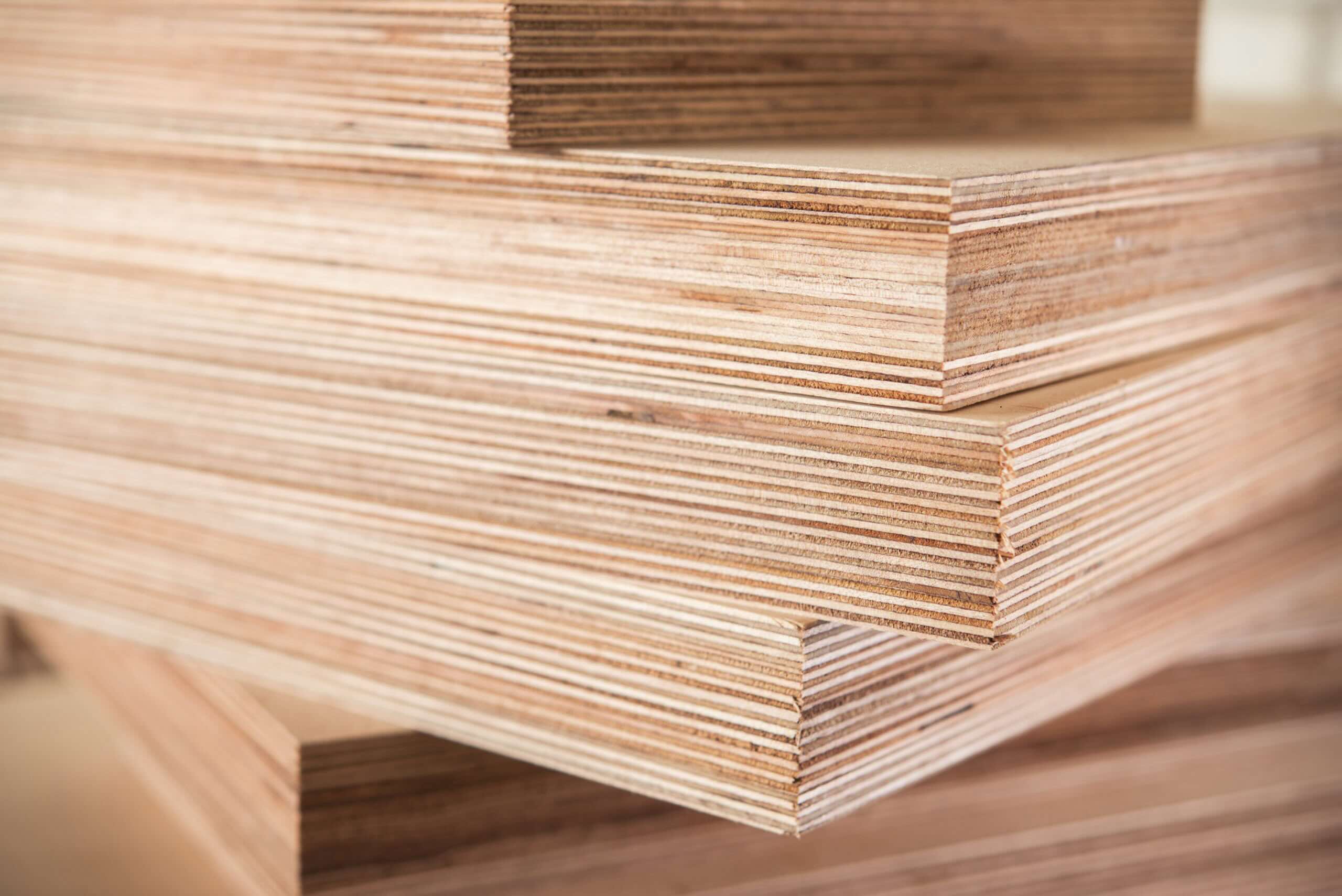
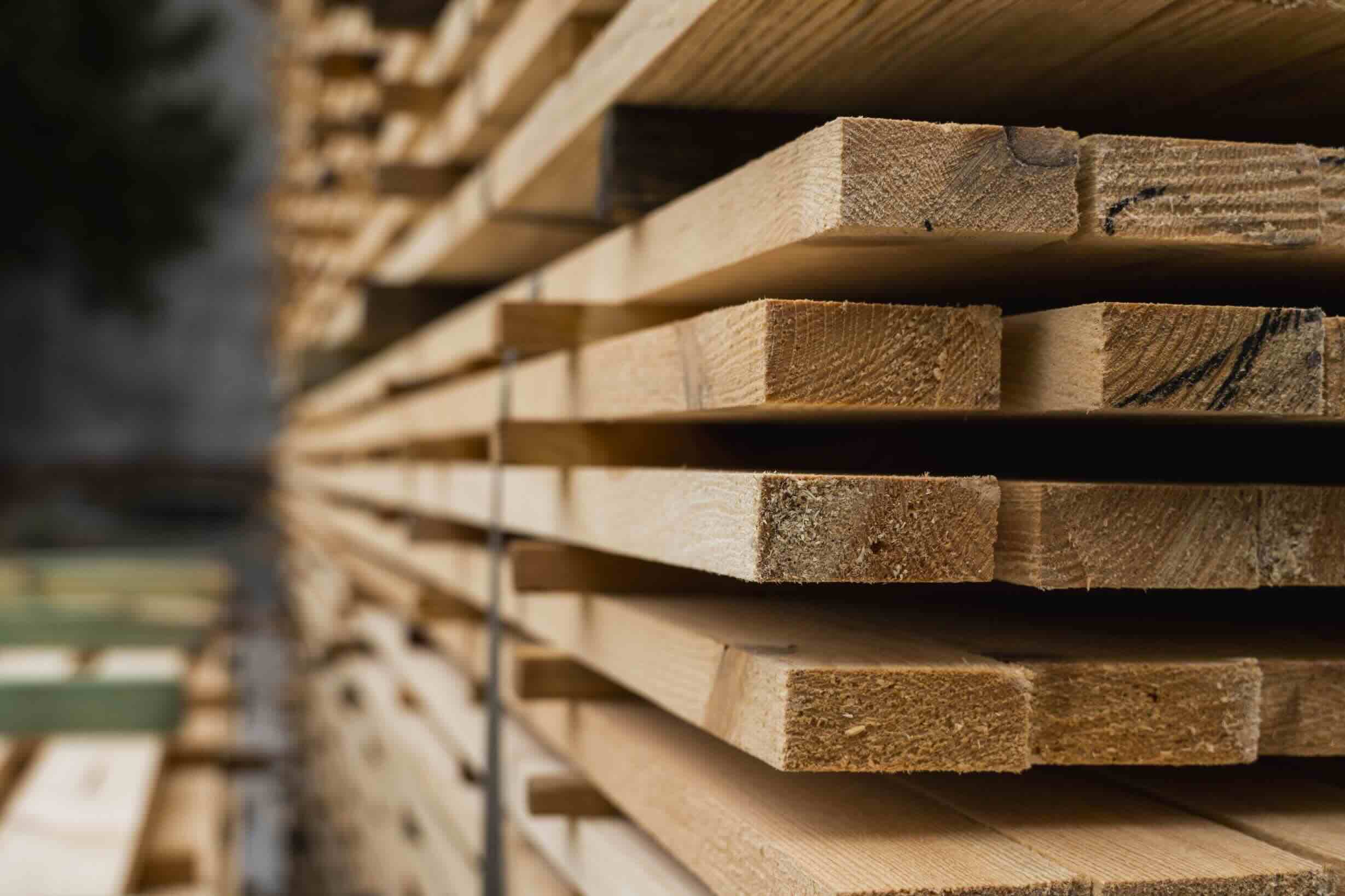
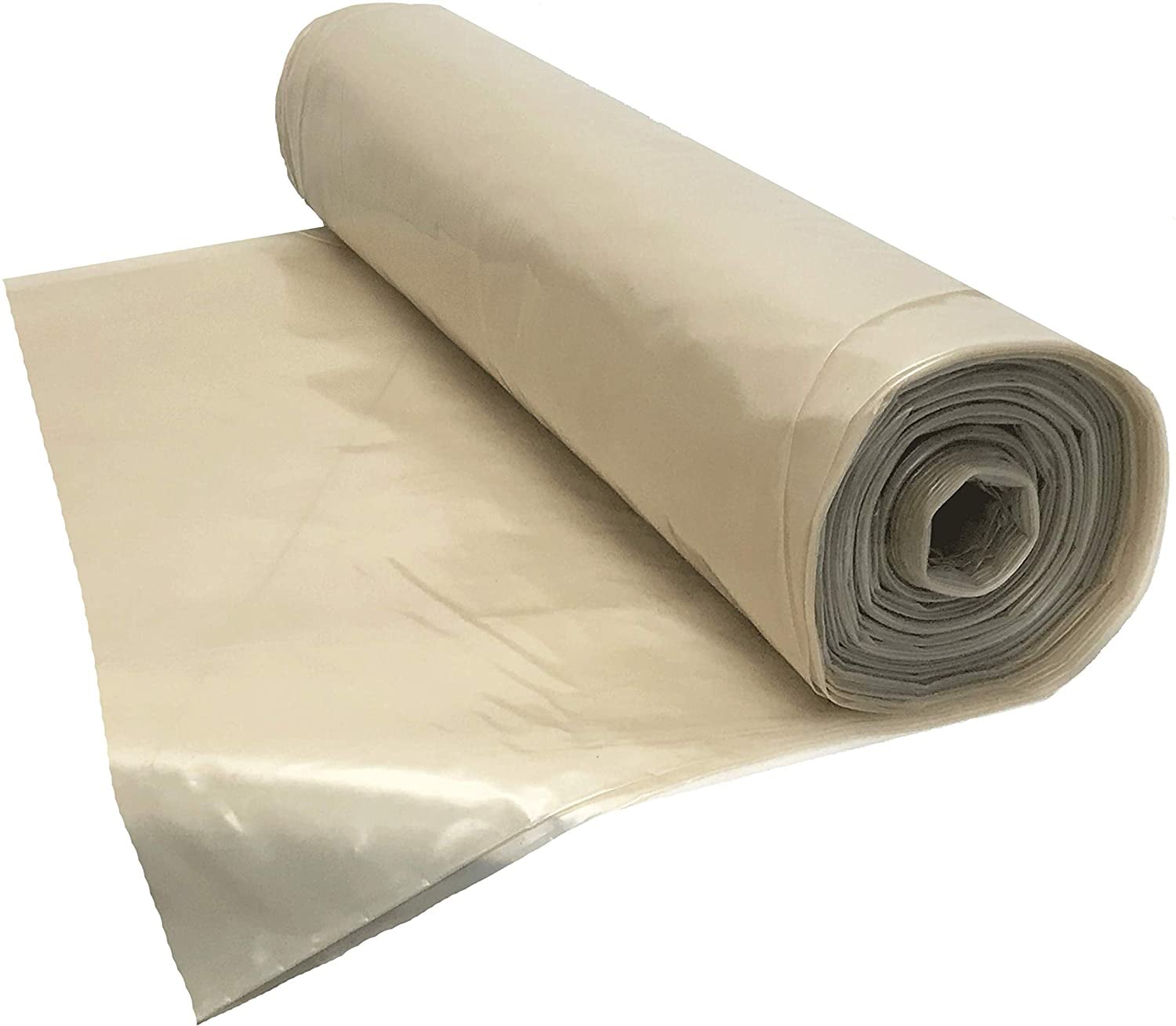
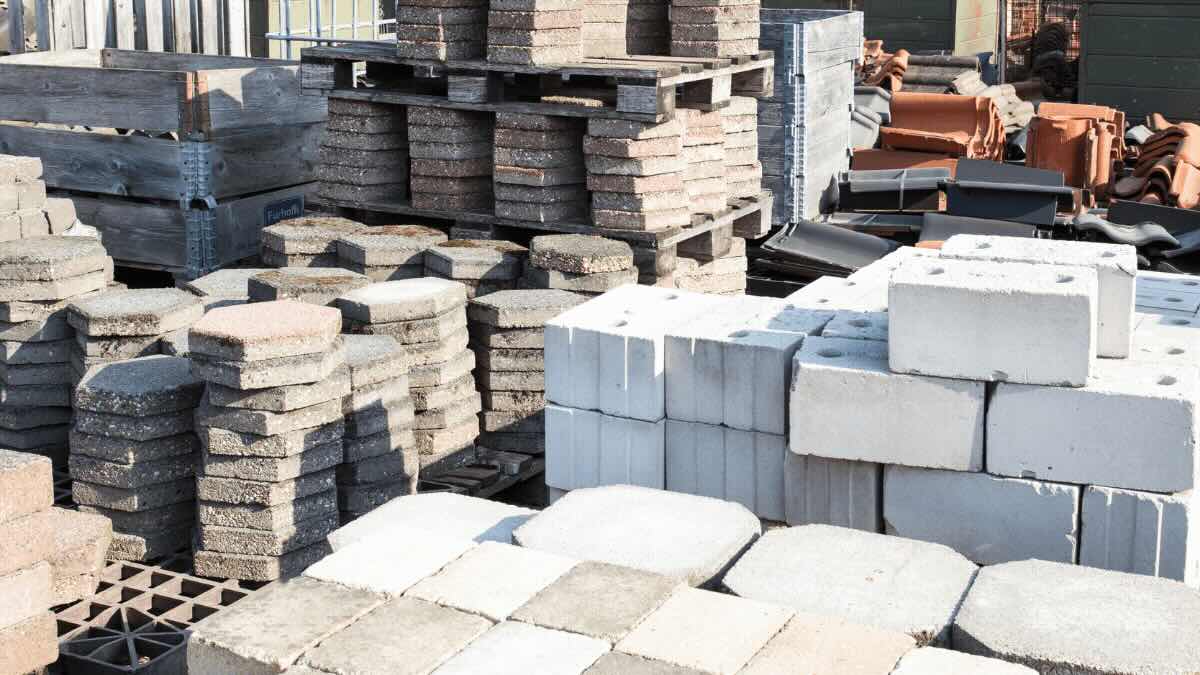
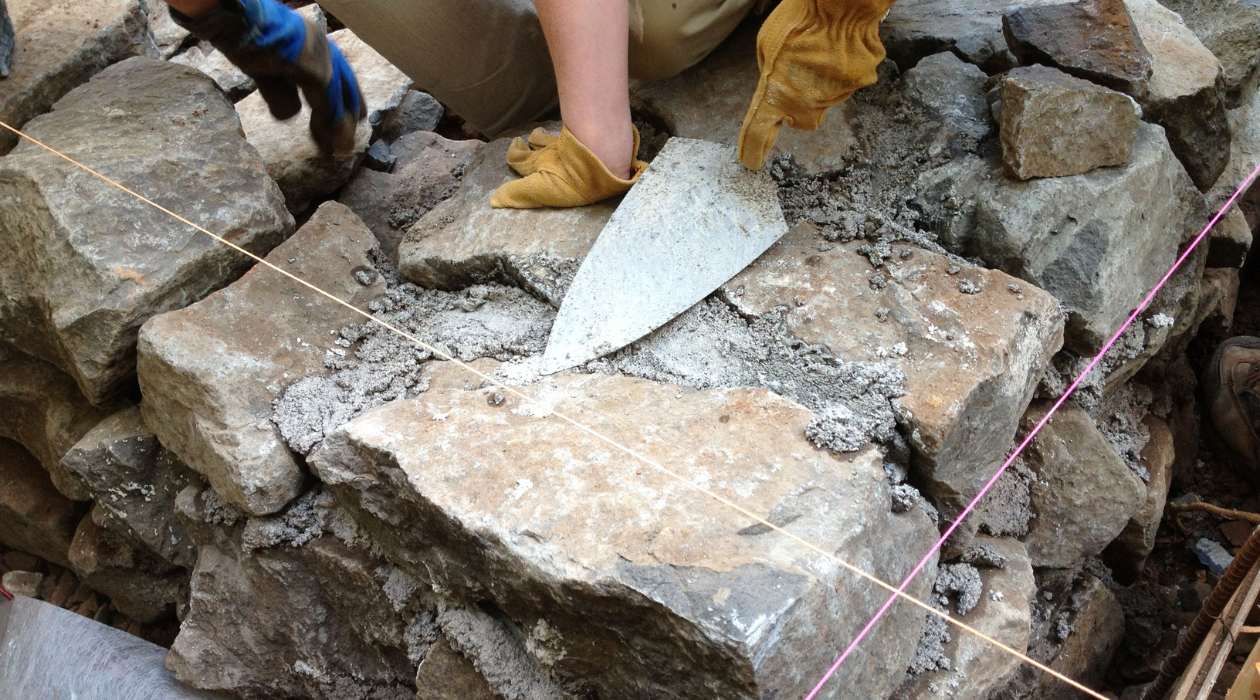
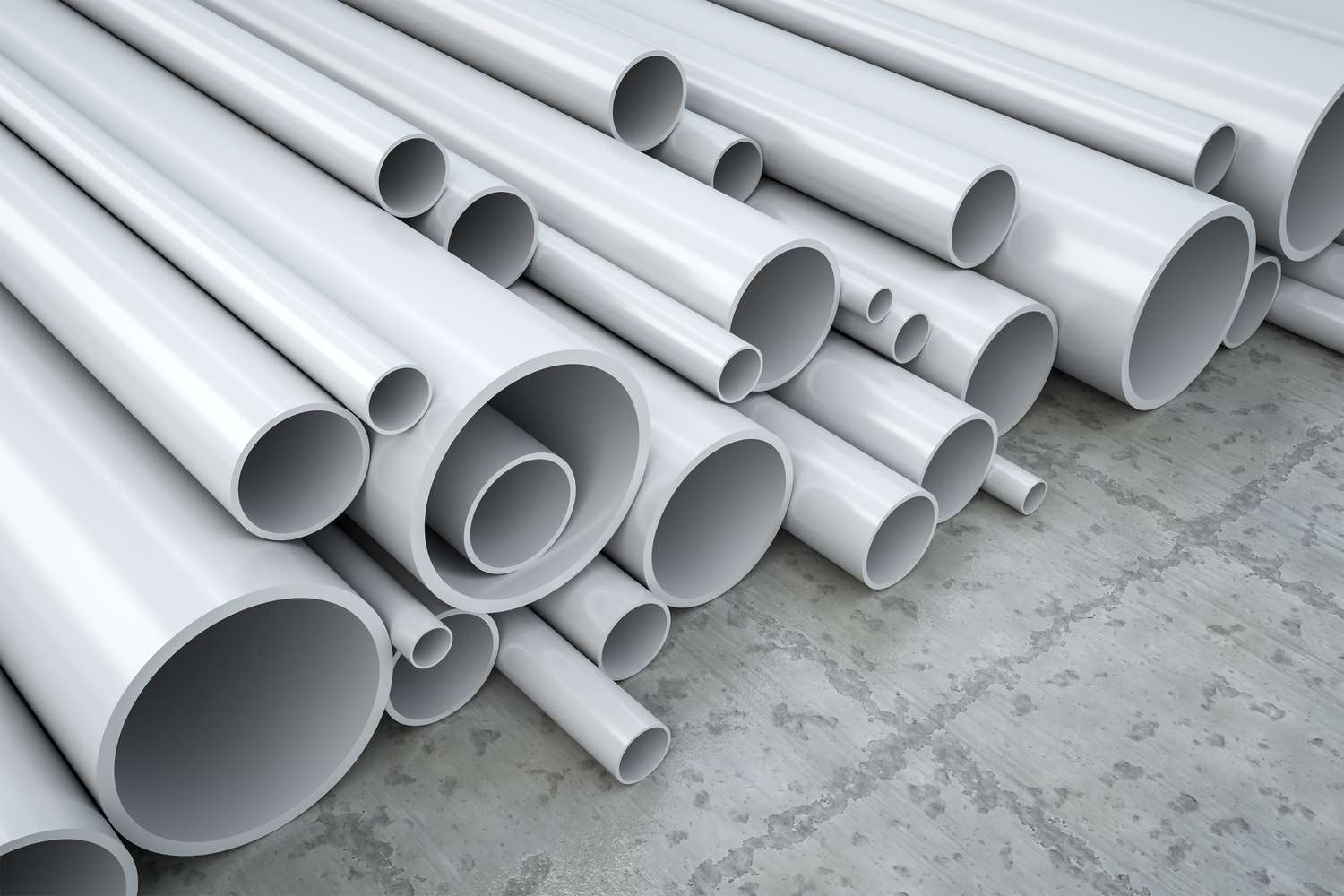
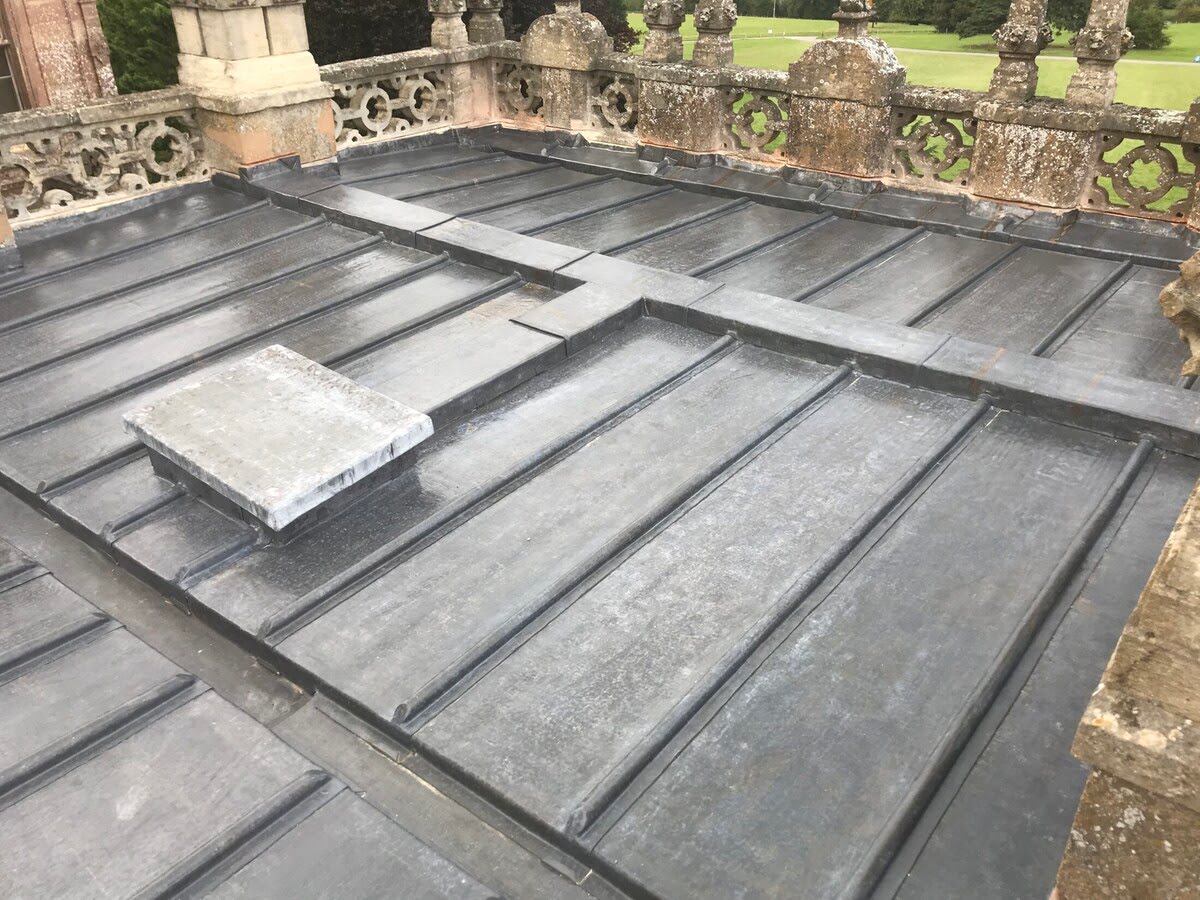

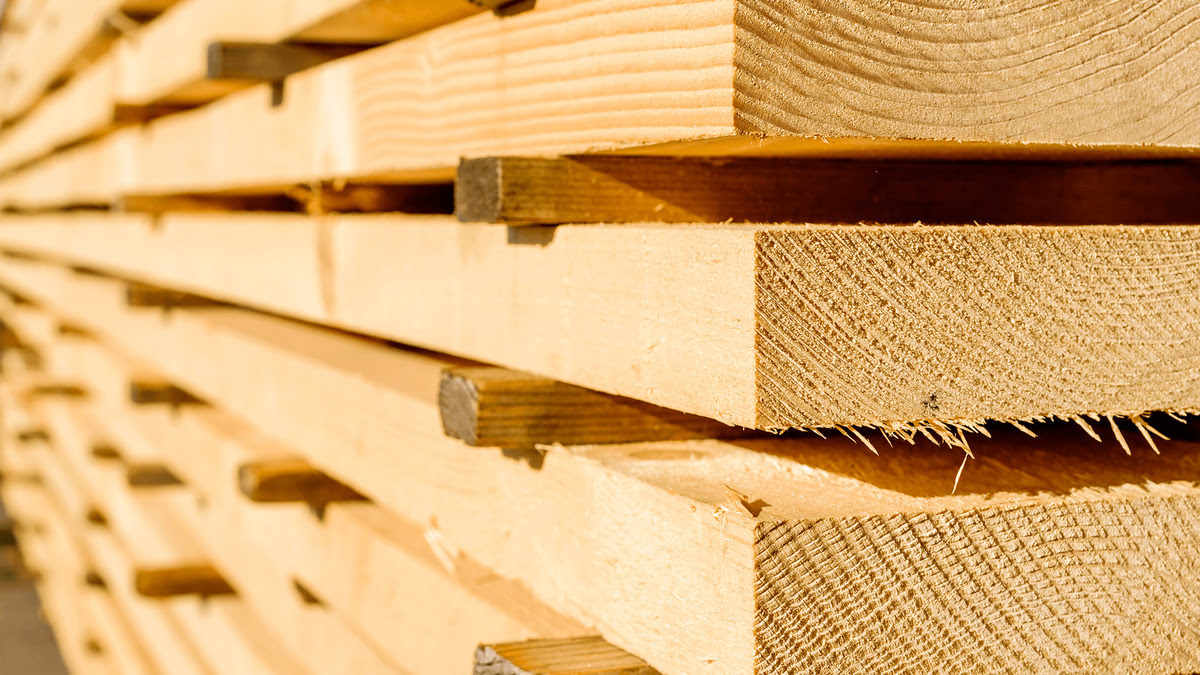

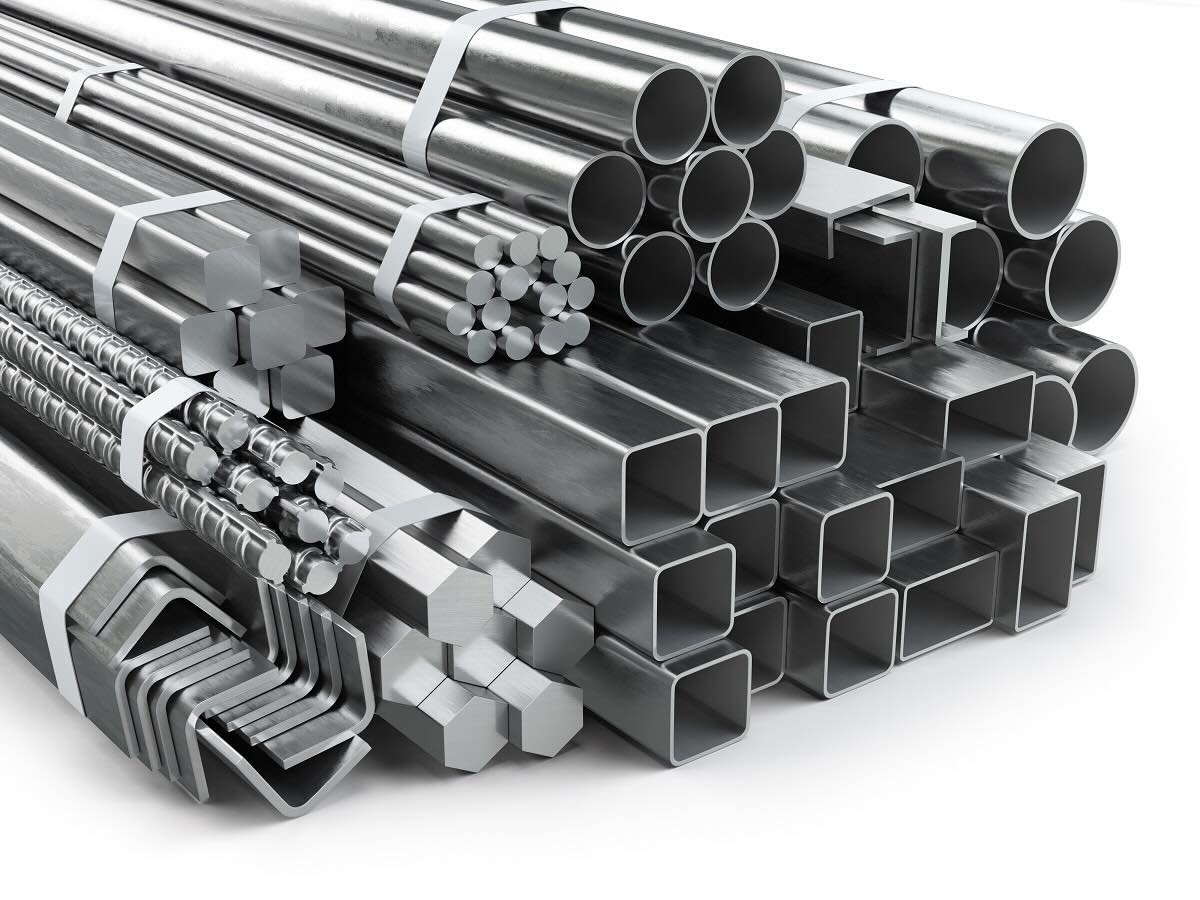
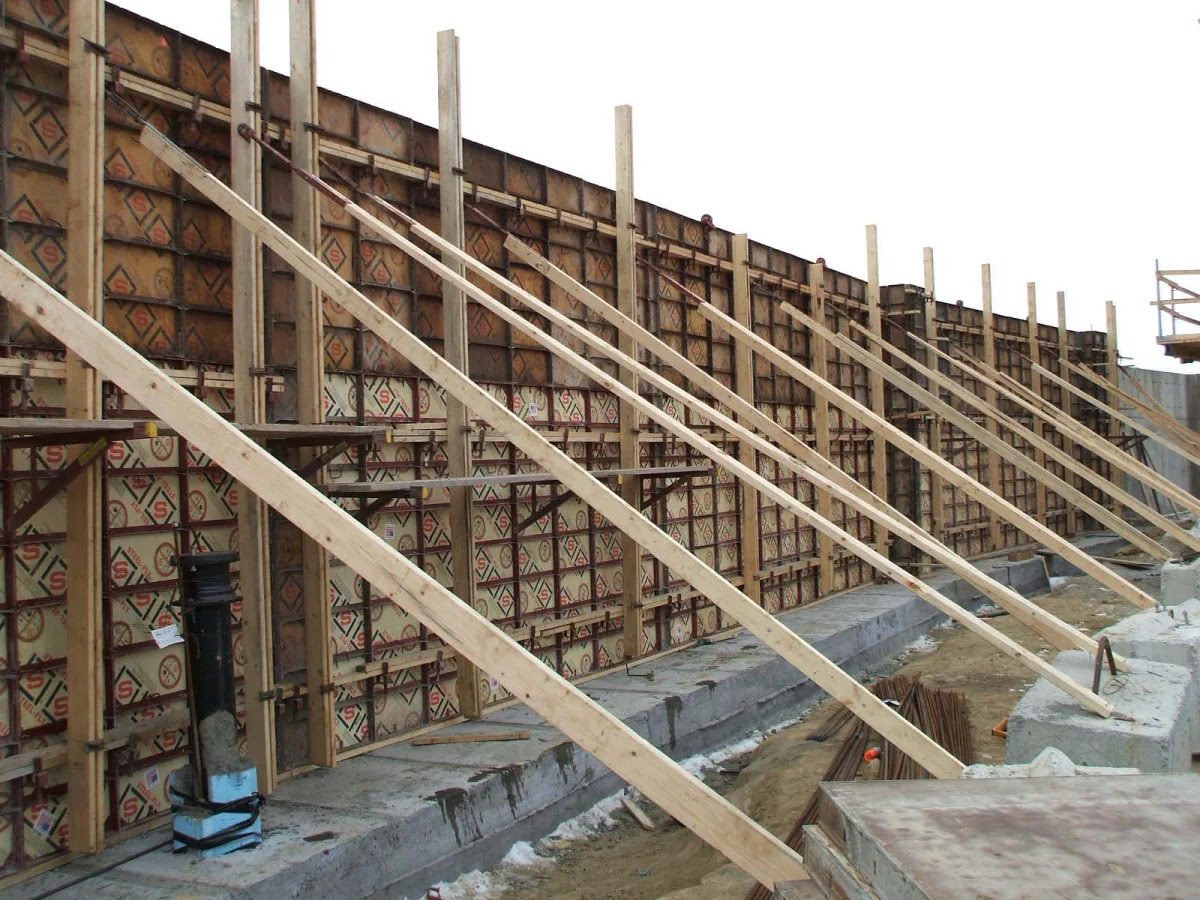


0 thoughts on “What Is Bentonite Used For In Construction”